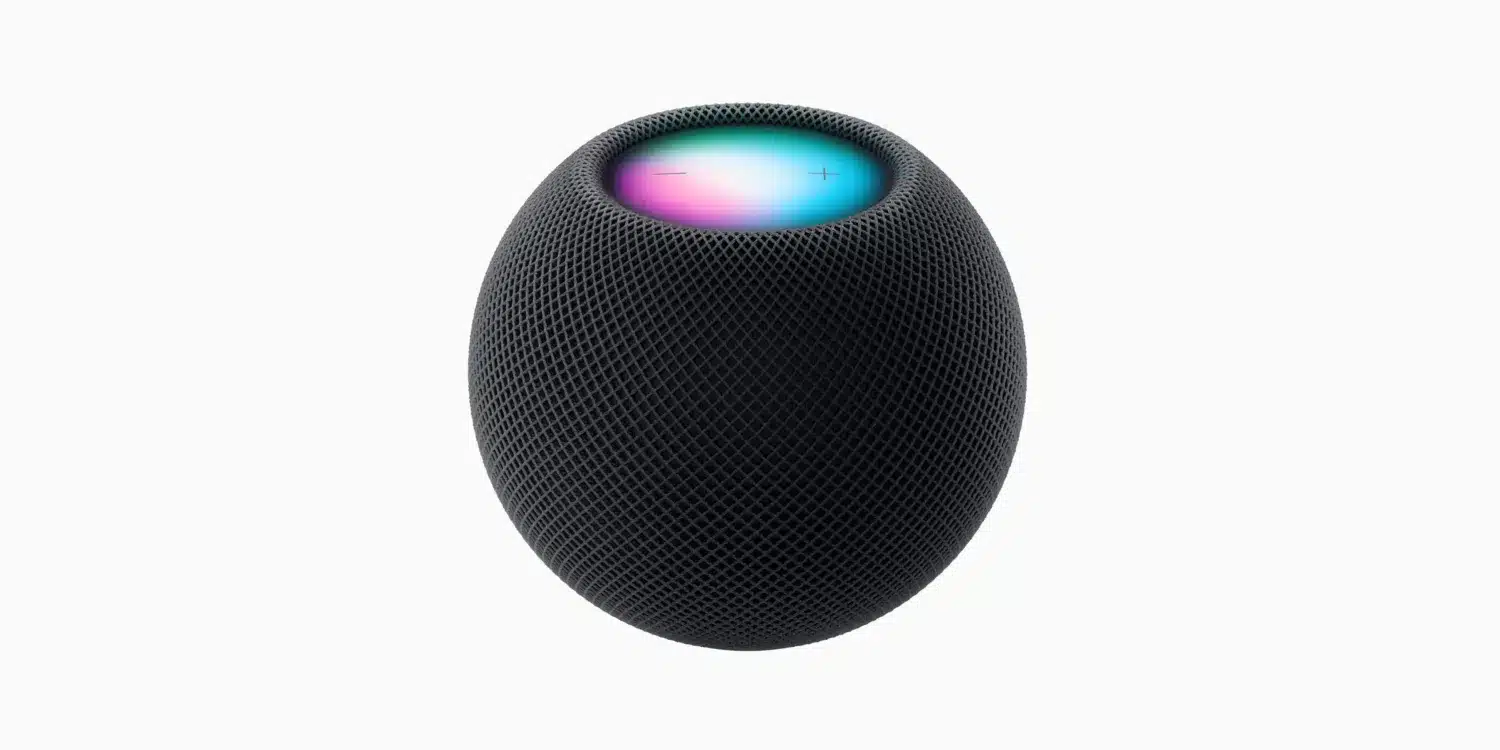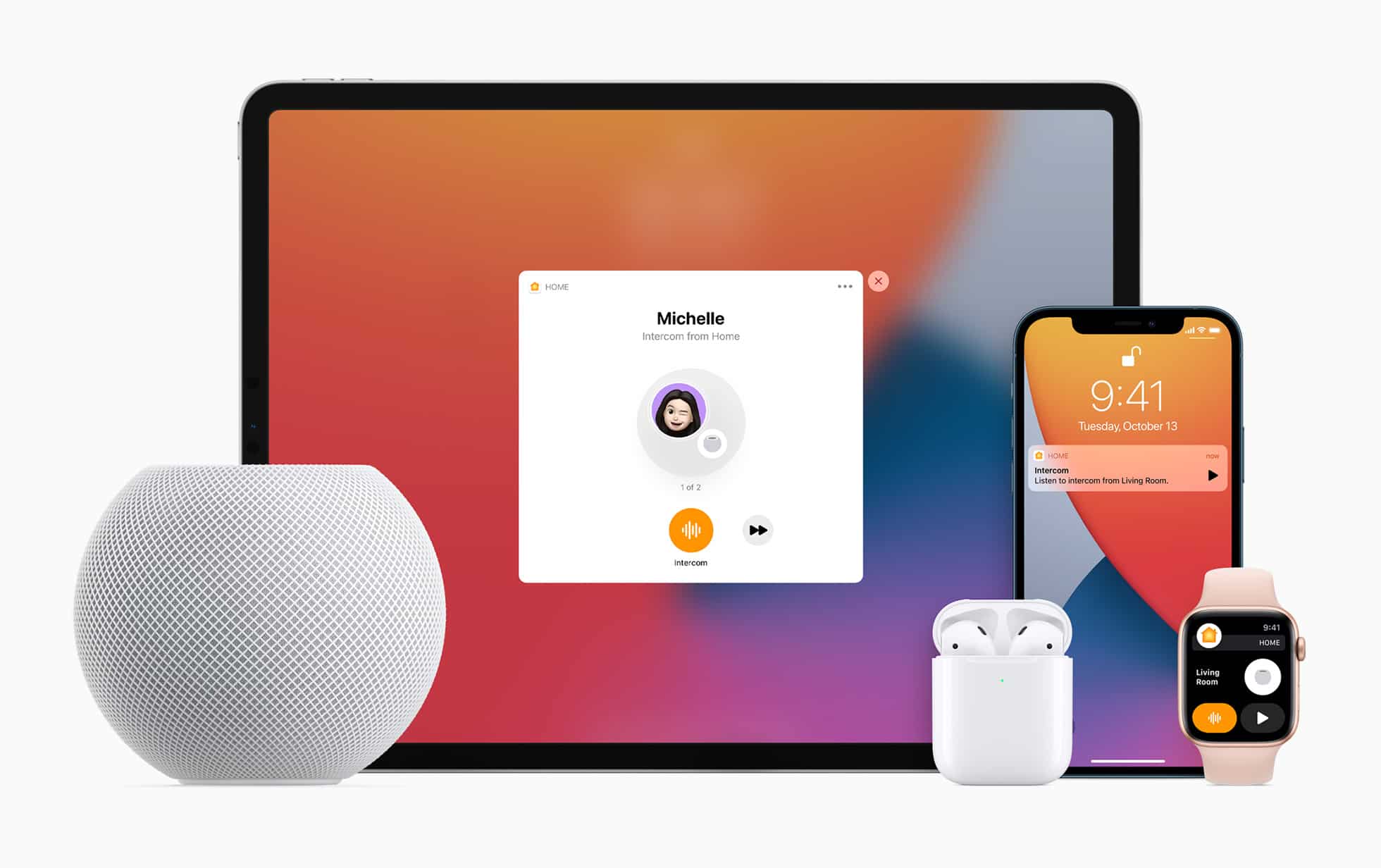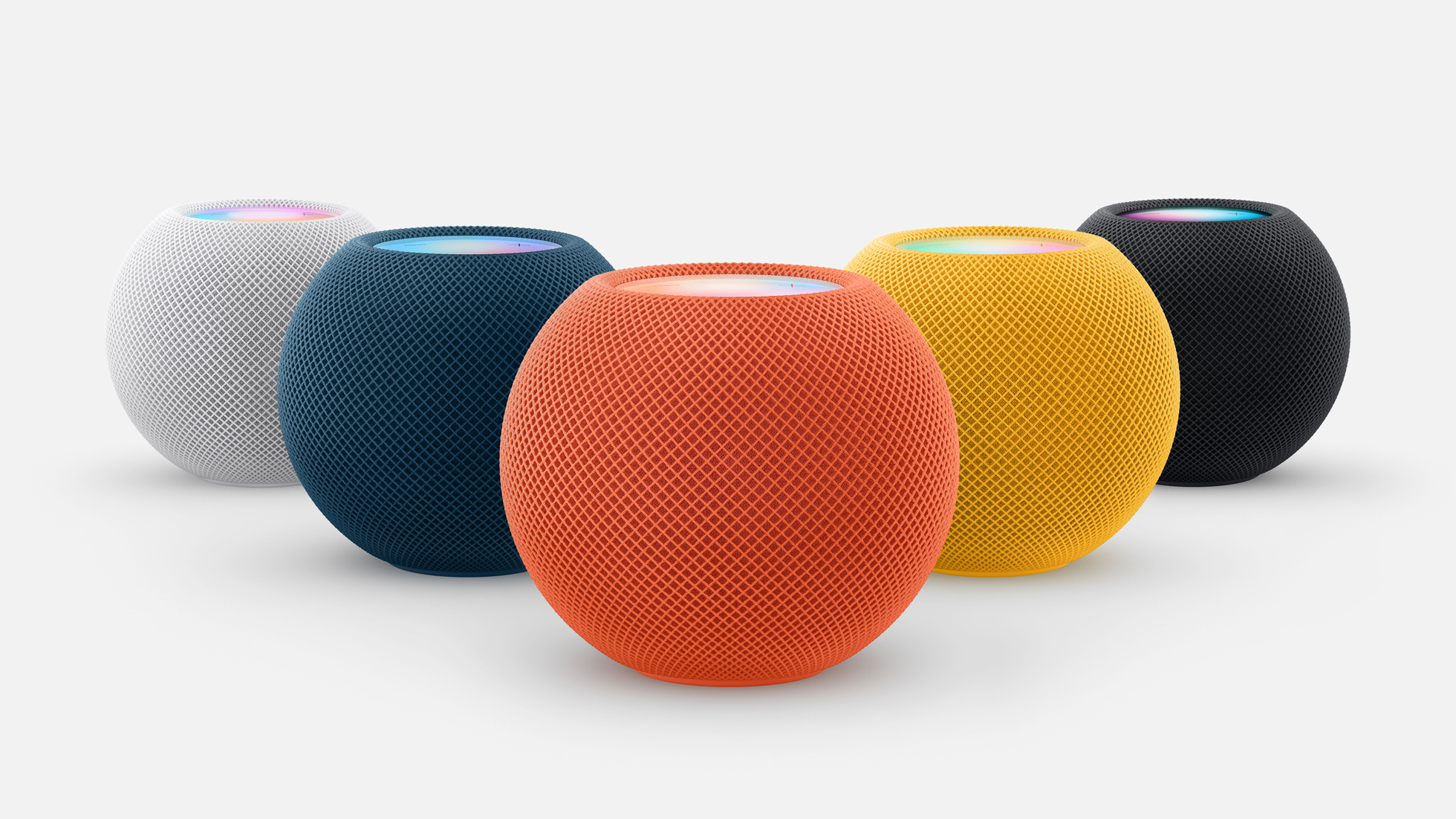However, with its release dating back over four years, you may be wondering whether it’s still worth purchasing or if it’s better to hold off. As Apple continues to evolve its product lineup, including rumors of a second-generation HomePod mini and a forthcoming smart home hub, there are several factors to weigh before making a decision.
Below, we explore three key considerations to help you decide if the HomePod mini is still the right choice for you or your giftee.
1. Rumors of a Second-Generation HomePod mini
One of the first things to consider is whether Apple plans to release an updated version of the HomePod mini anytime soon. While there have been some rumors, they’ve been sparse and not particularly recent. The strongest indication of a potential HomePod mini 2 came from Apple analyst Ming-Chi Kuo in February 2023, when he suggested that mass production for a new model could begin in the second half of 2024. However, as we approach the end of the year, no further reports have emerged, leaving the timeline uncertain.
What Might a HomePod mini 2 Offer?
Although there are no confirmed details about the next-generation HomePod mini, there’s plenty of speculation about what upgrades it could bring:
- Improved Chipset: A newer chip might enhance audio performance and efficiency, making the speaker more versatile and capable.
- Enhanced Ultra Wideband (UWB) Features: A second-generation UWB chip could provide a smoother Handoff experience, allowing users to transfer audio and tasks between devices with lower latency.
- Fresh Color Options: Apple has a history of refreshing product aesthetics, so a broader palette of finishes could accompany the update.
The current HomePod mini, equipped with the S5 chip and U1 UWB chip, has remained largely unchanged since its release in November 2020. Despite its age, Apple has occasionally updated its color options. In 2021, it introduced Blue, Orange, and Yellow models, and in 2024, it replaced Space Gray with a new Midnight finish. While these updates add visual variety, they don’t improve the device’s core functionality.
Should You Wait for a New Model?
If you’re thinking about buying the HomePod mini but prefer to have the latest technology, waiting may make sense. However, based on current information, a second-generation model likely won’t arrive until 2025 at the earliest. If you or your giftee can’t wait that long, the existing model still offers solid performance and integrates seamlessly into the Apple ecosystem.
2. The Smart Home Hub: A Potential Alternative
Another factor to consider is Apple’s rumored smart home hub, which could serve as a more advanced alternative to the HomePod mini. Reports suggest this device may debut as early as March 2025. Unlike the HomePod mini, this new hub is expected to feature a 6-inch display mounted on a speaker base, combining visual and audio functionality in one package.
What to Expect from the Smart Home Hub
- Display for Versatility: The hub could allow users to control smart home devices, view notifications, or make video calls, adding a layer of functionality not available with the HomePod mini.
- Improved Speaker System: A more powerful speaker setup might enhance the audio experience, making it suitable for larger rooms.
- Price Range: Early predictions suggest the hub could cost between $199 and $299, making it a more premium option for smart home enthusiasts.
For those who value versatility and future-proof technology, the smart home hub could be worth waiting for. If the idea of gifting a HomePod mini feels less appealing in light of this upcoming device, an Apple gift card might be a thoughtful alternative. This way, the recipient can choose to use the funds for the hub or another Apple product when it becomes available.
3. Siri’s Role and Limitations
The HomePod mini relies heavily on Siri as its digital assistant, and while Siri integrates seamlessly with Apple’s ecosystem, it has limitations compared to competitors like Amazon Alexa and Google Assistant. For many users, the capabilities of the voice assistant are a crucial factor in determining the value of a smart speaker.
Strengths of Siri on the HomePod mini
- Deep Integration with Apple Ecosystem: Siri works flawlessly with Apple devices, including iPhones, iPads, and Macs, as well as HomeKit-enabled smart devices.
- Focus on Privacy: Apple emphasizes privacy, with most Siri interactions processed on-device rather than in the cloud. This ensures a more secure experience compared to some alternatives.
Challenges with Siri
- Limited Third-Party Integration: Siri doesn’t support as many third-party apps and services as Alexa or Google Assistant, which can restrict its usefulness in some scenarios.
- Weaker Conversational Abilities: Siri struggles with multi-step or highly contextual queries, which are often handled better by competitors.
For users already invested in the Apple ecosystem, Siri’s limitations may not be a significant issue, as its strengths lie in its seamless integration with Apple devices. However, if your giftee relies heavily on voice commands and wants a more robust assistant, these limitations are worth keeping in mind.
Why the HomePod mini Might Still Be Worth It
Despite its age and some limitations, the HomePod mini remains a solid smart speaker option, especially for those who are deeply embedded in the Apple ecosystem. Here are a few reasons why it might still be a worthwhile purchase:
Affordable Price
At $99, the HomePod mini is one of the least expensive Apple products. Its price point makes it an accessible entry into the world of Apple’s smart devices, offering excellent value for the quality it provides.
Compact and Stylish Design
The HomePod mini’s small size makes it a great fit for any room, whether it’s a kitchen, bedroom, or home office. Its design is sleek and modern, blending easily into most home decor styles.
Good Audio Quality for Its Size
While it doesn’t match the full-size HomePod in terms of sound performance, the HomePod mini delivers surprisingly good audio for its compact form. It’s more than adequate for casual listening or as part of a multi-room audio setup.
Longevity
Even though it’s been on the market for over four years, the HomePod mini is still supported by Apple’s software updates, ensuring it will remain functional for years to come.
What to Keep in Mind Before Buying
If you’re leaning toward purchasing a HomePod mini, it’s important to consider a few factors to ensure it’s the right choice:
- User Ecosystem: If the recipient is already an Apple user, the HomePod mini will fit seamlessly into their setup. However, if they use Android or other platforms, its functionality may be limited.
- Voice Assistant Preferences: For users who frequently use voice commands, consider whether Siri’s capabilities meet their needs compared to Alexa or Google Assistant.
- Future Upgrades: The potential for a second-generation model or the upcoming smart home hub could influence whether the current HomePod mini feels like the best investment.
Making the Decision
The HomePod mini remains a compelling option for Apple enthusiasts who value its compact design, seamless integration, and reasonable price. While it doesn’t offer the advanced features or versatility of some competitors, its strengths lie in its simplicity and ease of use within the Apple ecosystem.
If you’re looking for a thoughtful, affordable gift that aligns well with Apple’s ecosystem, the HomePod mini is a reliable choice. However, for those seeking cutting-edge features or who might prefer a more advanced device, waiting for future products like the smart home hub or a HomePod mini 2 could be the better route.
In the end, your decision will depend on your giftee’s preferences and how they plan to use the device. Whether you go with the HomePod mini now or wait for Apple’s next innovation, both options offer unique benefits for smart home enthusiasts.












